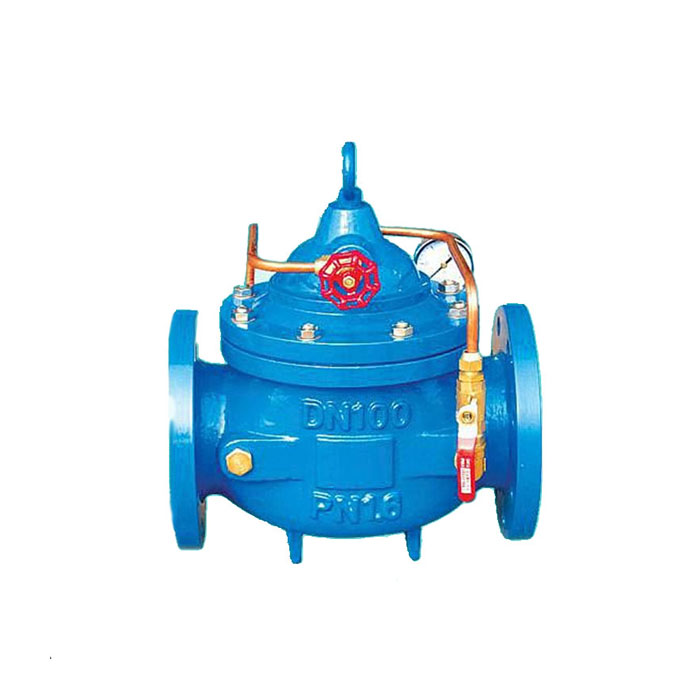High-Performance Sanitary Stainless Steel Ball Valves for Reliable Fluid Control
Sanitary Stainless Steel Ball Valves An Overview
Sanitary stainless steel ball valves are critical components in various industries, particularly where hygiene and cleanliness are paramount, such as food processing, pharmaceuticals, and biotechnology. These valves not only facilitate the flow of liquids and gases but also ensure that the materials being transported remain uncontaminated.
What are Sanitary Stainless Steel Ball Valves?
A sanitary stainless steel ball valve is a type of quarter-turn valve that uses a spherical closing element (the ball) to stop or allow the flow of media. The ball is drilled through its center, and when the valve is turned, the hole aligns with the pipeline, allowing fluid flow. Conversely, when the valve is turned to a closed position, the ball blocks the passage, halting flow. Made from high-grade stainless steel, these valves are designed to meet strict sanitary standards and are characterized by their smooth surfaces that prevent the accumulation of contaminants.
Key Features
1. Material The primary material used for these valves is stainless steel, particularly grades 304 and 316. Grade 316 is often preferred for its superior corrosion resistance, especially in environments where exposure to chlorides or harsh chemicals is a concern.
2. Hygienic Design Sanitary ball valves are designed with a smooth finish that minimizes the risk of product build-up, making them easier to clean. This is essential in industries where hygiene is critical to ensure product safety and compliance with health regulations.
3. Flexibility These valves come in various configurations, including manual and automated options, allowing for flexibility in operation. Automated sanitary ball valves can be integrated with control systems for enhanced precision and efficiency.
sanitary stainless steel ball valves

5. Easy Maintenance The design of sanitary ball valves allows for easy disassembly and maintenance, ensuring that any required repairs can be conducted swiftly without a complete shutdown of the system.
Applications
Sanitary stainless steel ball valves are widely utilized across multiple sectors. In the food and beverage industry, they manage the flow of liquids and gases in processes such as brewing, pasteurization, and bottling. In the pharmaceutical sector, they are essential for sterile processes, allowing for precise control without risk of contamination.
Additionally, the biotechnology industry employs these valves in systems where media purity is imperative, such as during the manufacturing of vaccines or biopharmaceuticals. Their reliability under stringent sanitary conditions makes them an ideal choice for critical applications.
Compliance and Standards
Manufacturers of sanitary stainless steel ball valves must adhere to various international standards and regulatory guidelines, including the ASME BPE (BioProcessing Equipment) standards, FDA regulations, and EHEDG (European Hygienic Engineering & Design Group) guidelines. These standards ensure that the valves perform satisfactorily in sanitary applications, maintaining the integrity of the product being handled while minimizing any risk of contamination.
Conclusion
Sanitary stainless steel ball valves are vital in ensuring the safe and efficient flow of materials in industries where hygiene is non-negotiable. Their robust design, ease of maintenance, and compliance with stringent sanitary standards make them indispensable in food processing, pharmaceuticals, and biotechnology applications. As industries continue to evolve and demand higher standards for cleanliness, the importance of these valves will only grow, emphasizing the need for innovation and quality in the design and production of sanitary components. Whether you are looking to upgrade existing systems or design new ones, investing in high-quality sanitary stainless steel ball valves is a decision that will yield long-term benefits in safety, compliance, and operational efficiency.
-
Why Choose a Brass Gate Valve for Superior Performance and DurabilityNewsMay.09,2025
-
Reliable Flow Control Begins with a High-Performance Flange Butterfly ValveNewsMay.09,2025
-
Reliable and Rugged: Why the Lug Type Butterfly Valve Is Dominating the MarketNewsMay.09,2025
-
Manual Gate Valve: A Comprehensive Look at Performance, Durability, and DesignNewsMay.09,2025
-
Engineered for Precision: Why the Stainless Ball Valve Sets a New StandardNewsMay.09,2025
-
Ductile Iron Valve: The Perfect Solution for Reliable Flow ControlNewsMay.09,2025
-
Compact Powerhouse: Why the Wafer Type Butterfly Valve Is an Industry FavoriteNewsMay.09,2025




